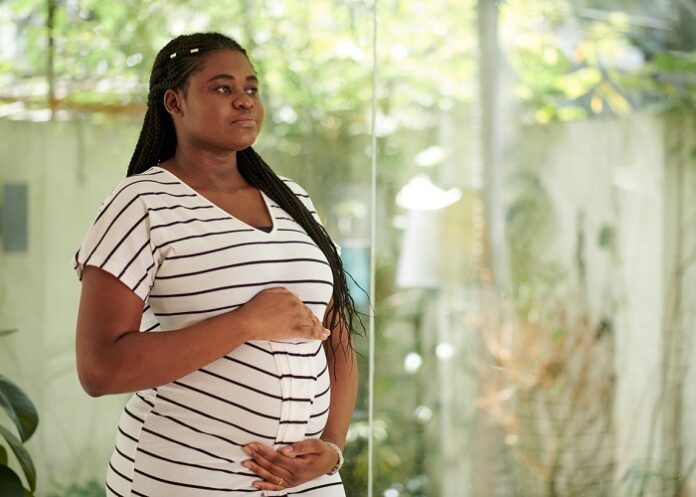A study by University of KwaZulu-Natal (UKZN) scientists has found evidence linking maternal heat exposure – during the month before conception – with miscarriage, in sub-Saharan Africa.
The evidence, said the researchers, suggests that progressive climate change leading to increased temperatures will exacerbate existing challenges for women’s reproductive health in this region, resulting in increased pregnancy loss.
The team investigated the relationship between maternal heat exposure and miscarriage (pregnancy ending before 20 weeks’ gestation) in a rural community in the uMkhanyakude district of KwaZulu-Natal between 2012 and 2016, monitoring the community for more than 20 years as part of the Africa Health Research Institute’s Health and Demographic Surveillance System.
The Witness reports that the scientists included Dr Yoshan Moodley, a Clinical Research Fellow in the School of Clinical Medicine and Nursing and Public Health academics Professors Frank Tanser and Andrew Tomita, and Dr Kwabena Asare.
Although most of the evidence on the impact of higher temperatures on pregnancy outcomes has been based on studies of the prenatal period, the scientists felt that maternal exposure during the preconception period was critical to understanding issues around women’s health in this setting.
The uMkhanyakude region was chosen of its high HIV incidence and maternal mortality ratio of 650 maternal deaths per 100 000 live births.
“These findings suggest that extreme heat exposure during the preconception period is harmful to human oocytes, but this would require further physiological and clinical investigation beyond the scope of our population-based analysis,” said lead author Moodley.
The scientists used data from the South African Weather Service to compute maternal exposure to heat during the month preceding conception and during the week preceding the study outcome (either a miscarriage or no miscarriage).
Heat exposure was measured as the mean number of days the mother was exposed to temperatures of more than 26.6 degrees Celsius.
A total of 105 out of 3 477 pregnancies included in the analysis ended in miscarriage (3.0%). Each additional hot day during a month before conception was associated with a 26% increase in the relative risk of miscarriage.
Tomita said: “Climate change poses existential threat to all, but pregnant women in resource-limited rural sub-Sahara Africa bear some of the most severe consequences. We believe there is inadequate attention to maternal health in the discourse, and much work needs to be done to safeguard pregnant women from the impacts of climate change in the region.”
The study will be published in Women’s Health – there is no abstract available yet.
The Witness article – High temperatures linked to miscarriages, says researchers (Open access)
See more from MedicalBrief archives:
Health Department weather alert app warns pregnant women
Extreme heat exacerbating global health risks — UN scientific report
More health issues and deaths from heatwaves, MRC scientists warns
Landmark Tuks study on heatwave-linked mortality in SA

